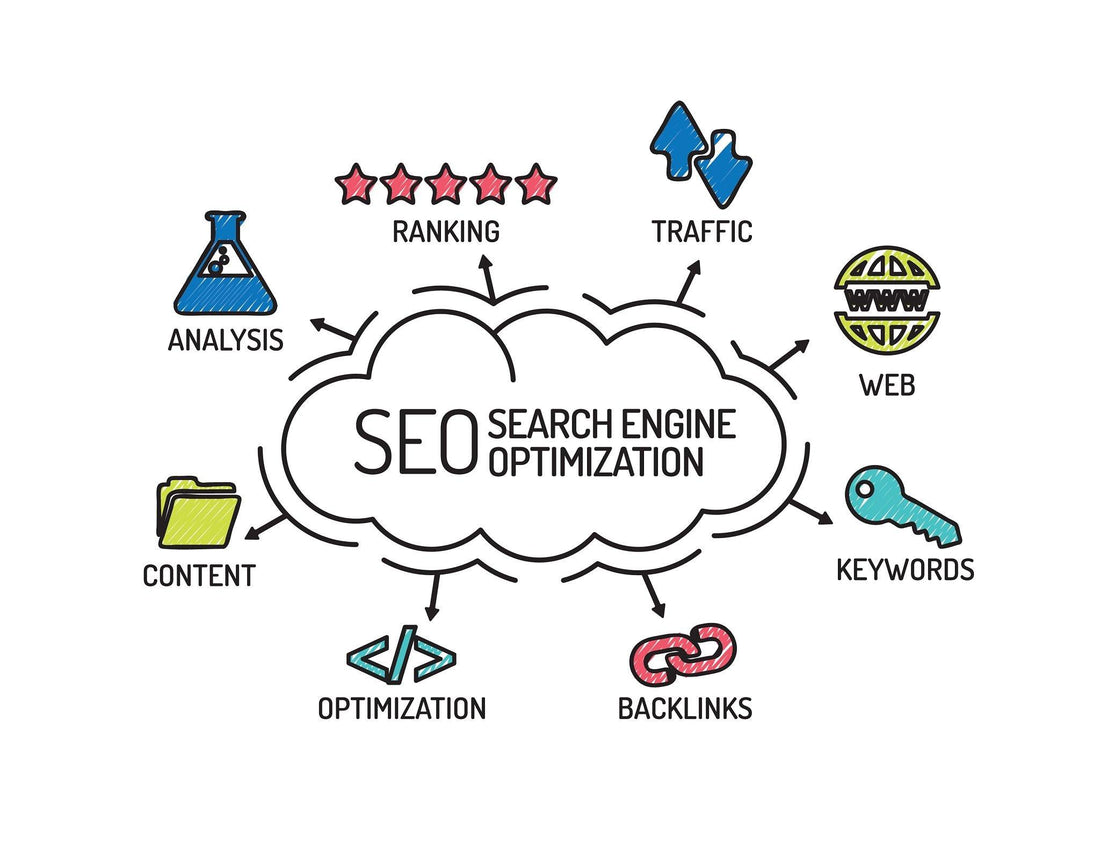Introduction:
Website design enhancement, or Site improvement, is the main thrust behind a site's permeability on web indexes like Google. But how exactly does SEO work? In this blog, we'll unravel the mystery by diving into the key elements: Content, Crawling, Indexing, and Ranking.
Content: The Foundation of SEO
Content is king in the world of SEO. It's not just about churning out words; it's about creating valuable, relevant, and engaging content that caters to your target audience. When creating content, consider the keywords and phrases your audience uses when searching for information related to your website. Incorporating these keywords strategically can boost your visibility in search results.
Crawling: The Web's Detectives
Web crawlers, often referred to as "spiders" or "bots," are the detectives of the internet. They systematically crawl through websites, following links from one page to another. They collect data on web pages, including text content, images, and metadata. When new content is created or existing content is updated, web crawlers detect these changes. Regularly updating content can increase your website's crawl frequency, which can be beneficial for SEO.
Indexing: Organizing the Information
After crawling, the collected data is stored in a vast database called the search engine index. Indexing is like organizing a library – it allows search engines to quickly find the right information when a user enters a search query. The information in the index is analysed and categorized to determine its relevance and importance.
Ranking: Deciphering Relevance
When a user enters a search query, search engines use complex algorithms to decipher which web pages are the most relevant to that query. They consider various factors, such as content quality, backlinks, and user engagement metrics. These algorithms determine the ranking of web pages in search results. The goal of SEO is to optimize your website's content and structure to improve its chances of ranking higher in search results for relevant queries.
Conclusion:
Understanding how SEO works involves recognizing the intricate dance between content creation, crawling, indexing, and ranking. Your website's success in search results is closely tied to the quality and relevance of your content, as well as the technical aspects of SEO.
Optimizing these aspects will help your website rise in the rankings, driving organic (non-paid) traffic and increasing your online presence. Stay tuned for more SEO tips and tricks in our future blogs!

